
The restlessness within Labor ranks began before the referendum to recognise Indigenous Australians in the Constitution with a voice advisory body. But it has accelerated since then, partly in response to a lacklustre Yes campaign and partly because the government has been buffeted by cost-of-living pressures, declining housing affordability and concern over immigration.
The problem for Albanese and his ministers is not that it is an idle government, indulgent and complacent, satisfied merely to preside. The government has a large agenda. The scale of the transformations in energy and climate policy, housing, manufacturing, workplace relations, immigration, defence, environmental protection, the National Disability Insurance Scheme, integrity reforms and economic institutions is significant.
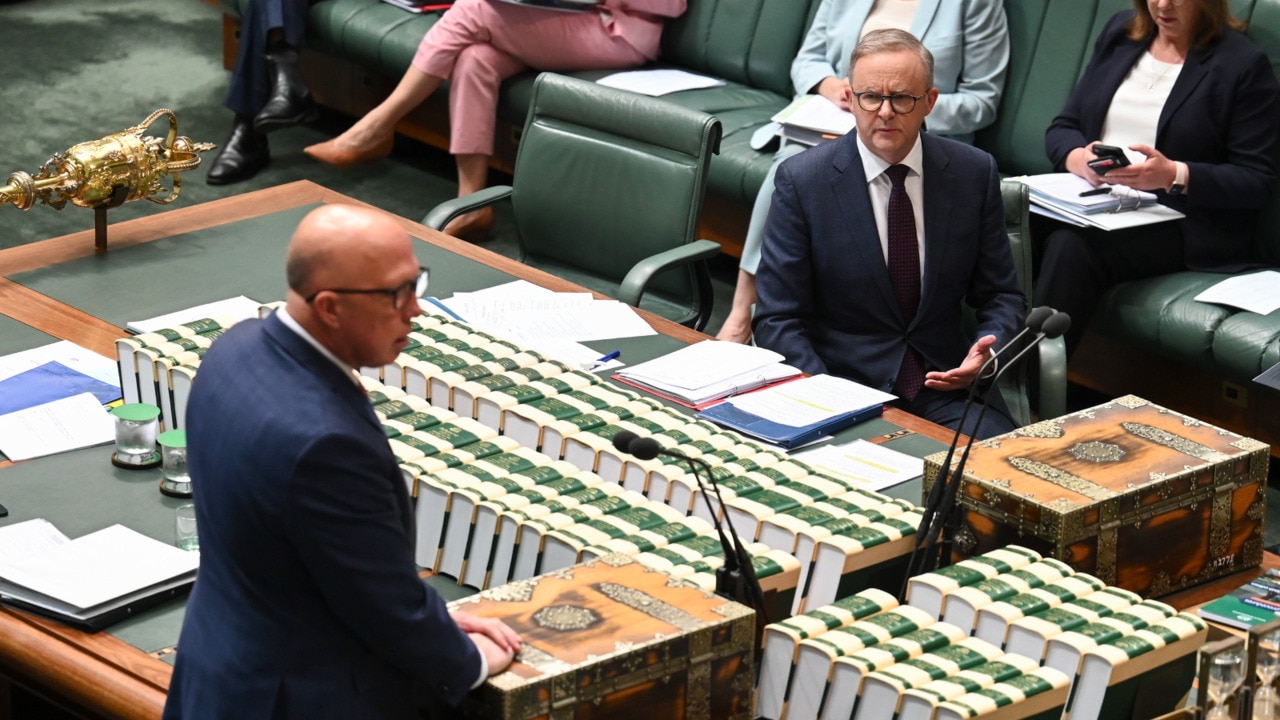
Nor is the problem one of unity. Unlike the previous two governments, both Coalition and Labor, there is no leadership tension that is barely concealed or exploding into the open, resulting in a revolving-door prime ministership, constant coup plotting and partyrooms simmering with vaulting ambitions. Sure, there are leadership aspirants, but they are biding their time.
And the problem is not one of cabinet leadership, caucus management or a disciplined approach to the administration of government. Again, the previous two governments had prime ministers who struggled in some or all of these areas.
But Albanese is neither a ministerial micromanager nor inattentive to the needs of MPs. He is hardworking, ordered and focused. These are not complaints from ministers or backbenchers.
The problem is the government does not have a coherent and persuasive narrative to frame its purpose. Labor needs an animating story to explain to voters what it is doing and why. It needs to better articulate where it is taking the nation, the challenges we face and why its policies are the right response. It is about combining values with policies to define a government.
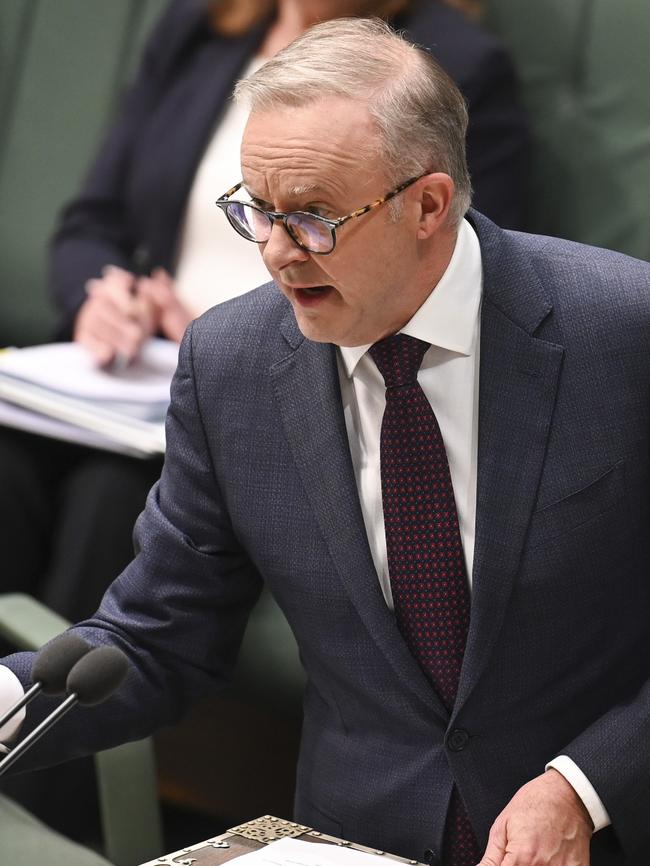
It is not so much about crafting key lines to be repeated ad nauseam or coming up with a new slogan. It is about using persuasive language that makes an argument for why policies are being pursued and how they stitch together. It is about placing a government within the context of the times, joining up initiatives and selling a better vision for the future.
Labor cleverly framed the election last year. It was about change, but safe change. It was about better health and education, reducing carbon emissions, lifting wages, cheaper childcare and medicines, and reviving manufacturing.
Who could disagree? There was boldness in some areas, but these were not especially controversial, such as legislating a national integrity commission. And it made the election a referendum on Scott Morrison.
But Labor had not developed a detailed plan for government. I noted before the election that voters were not fully sold on Albanese or his party, that the policy agenda was not as thorough as it should be and there was no compelling narrative advanced for change.
The result was a slim margin of victory with a low 32.6 per cent of the primary vote. This was not a ringing endorsement.
The challenge for Labor now, as it has been for past governments, is to use the advantages of incumbency to show voters how its agenda links together policies and principles to illuminate its reason for being.
This is especially critical at this point in the political cycle because it is now time to begin formulating and communicating an agenda for the next election.
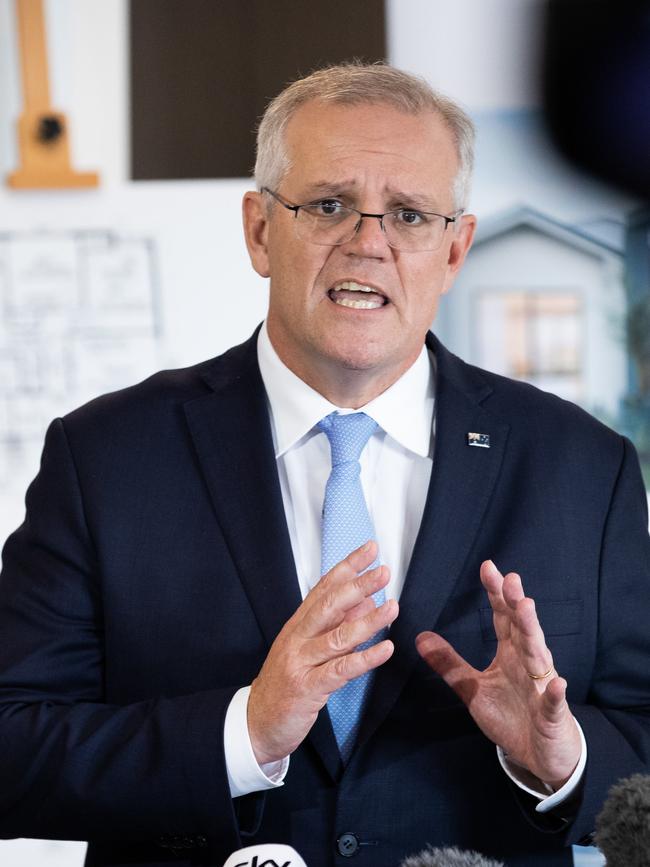
All governments suffer midterm slumps. Governing is hard. Inflationary pressures – not least on mortgage interest rates, rents, petrol and groceries – have made voters grumpy and they blame those in power. The energy transition is another challenge that is contributing to rising energy bills. The Israel-Hamas war also has caused divisions, especially in Sydney and Melbourne.
The government also has made mistakes. The response to the High Court ruling on indefinite immigration detention was mishandled. There was seemingly no contingency plan. Voters were told there would be no legislative remedy; then they were told there would be new legislation. It is unacceptable to appear to do nothing in response to murderers, rapists and drug dealers being freed into the community.
There has been a stubborn refusal to renegotiate the proposed Fair Work Legislation Amendment (Closing Loopholes) Bill despite the urgings of sensible crossbench senators, teal independents in the house and an alliance of business groups. It is a mammoth bill, and small businesses are alarmed. It is another boon for unions, which cover a dismal 8 per cent of the private sector workforce.
It is not unusual for a government to see a fall in support in its first term, with many questioning its re-election prospects. Keep in mind that John Howard and Bob Hawke recovered to win re-election again and again, despite being behind in the polls and written off. But they had a strategy for doing so. Albanese needs to seize the initiative on reform, think bolder and give his party something to rally behind.
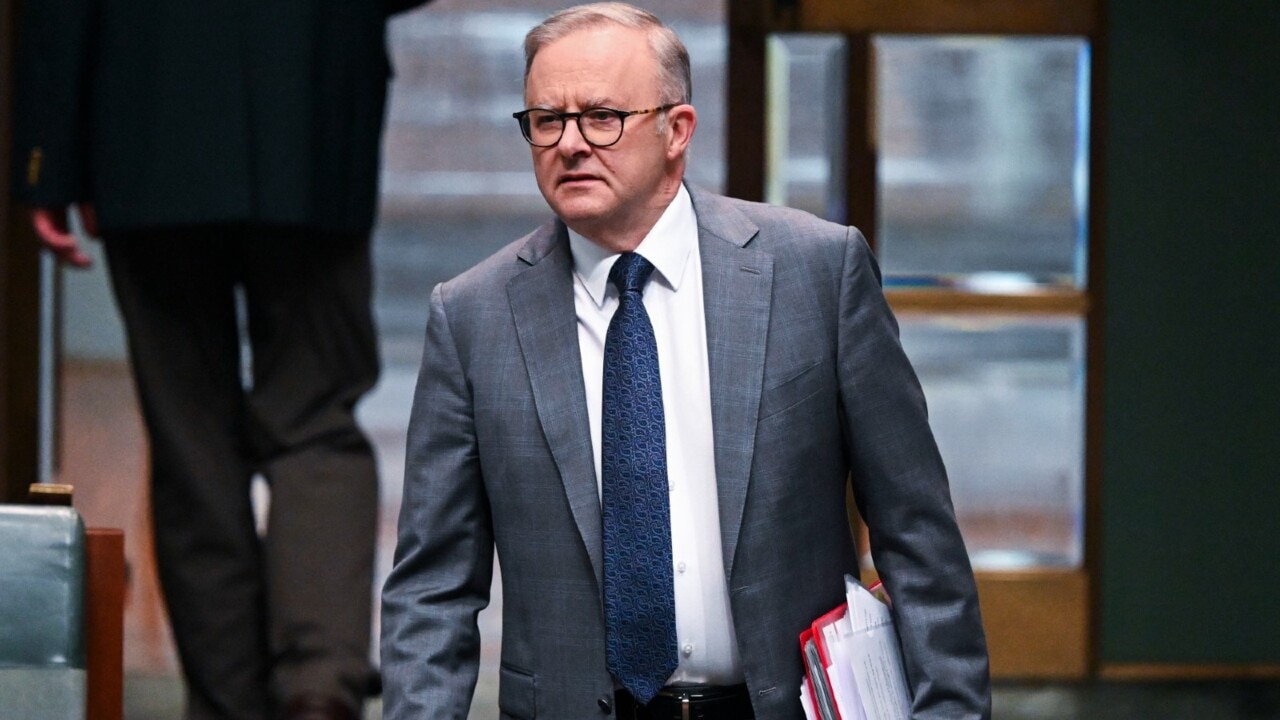
With defence largely neutralised as an issue, the opportunity for Labor is economic policy. Jim Chalmers delivered a budget surplus after many of his predecessors failed to do so. Claiming the mantle of fiscal responsibility with a reform agenda that includes taxation, skills, infrastructure and regulation seems obvious.
Mid-term troubles for Albanese do not necessarily translate into opportunities for Peter Dutton. This is a false reading of the political landscape. Dutton should not be underestimated but the Liberal Party is facing an existential crisis, its heartland is in revolt and it is 21 seats short of a parliamentary majority.
It is a long way back to power. It is small comfort though for Labor, which runs the risk of a further erosion of voter support unless it finds its purpose for being in power.


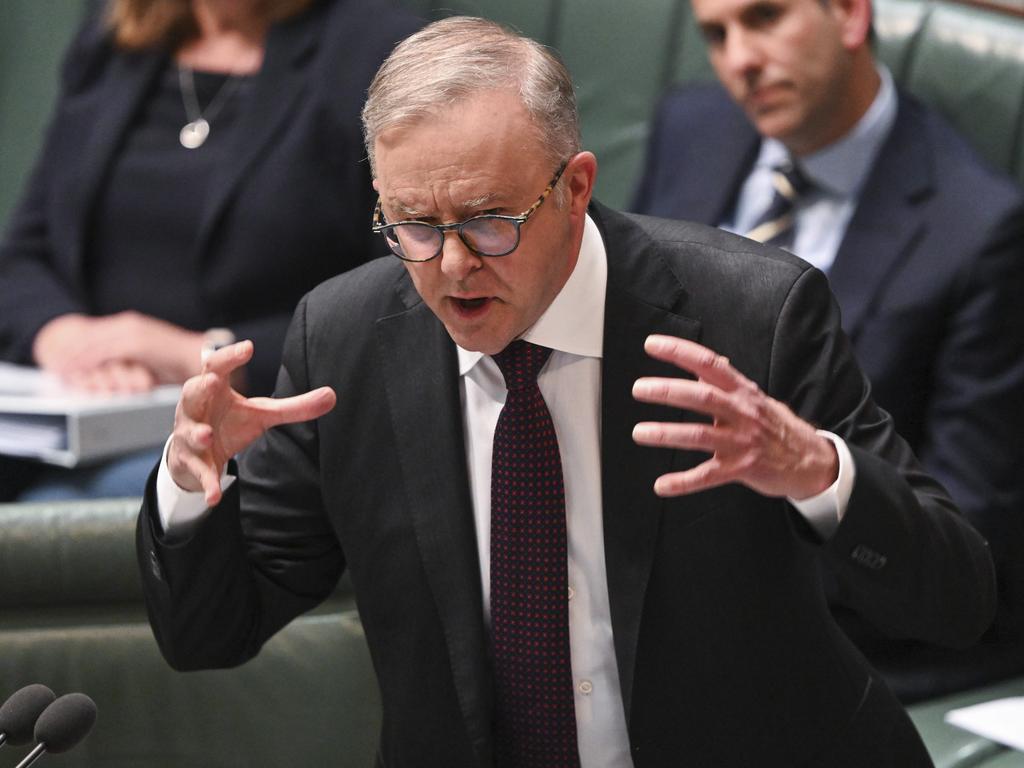
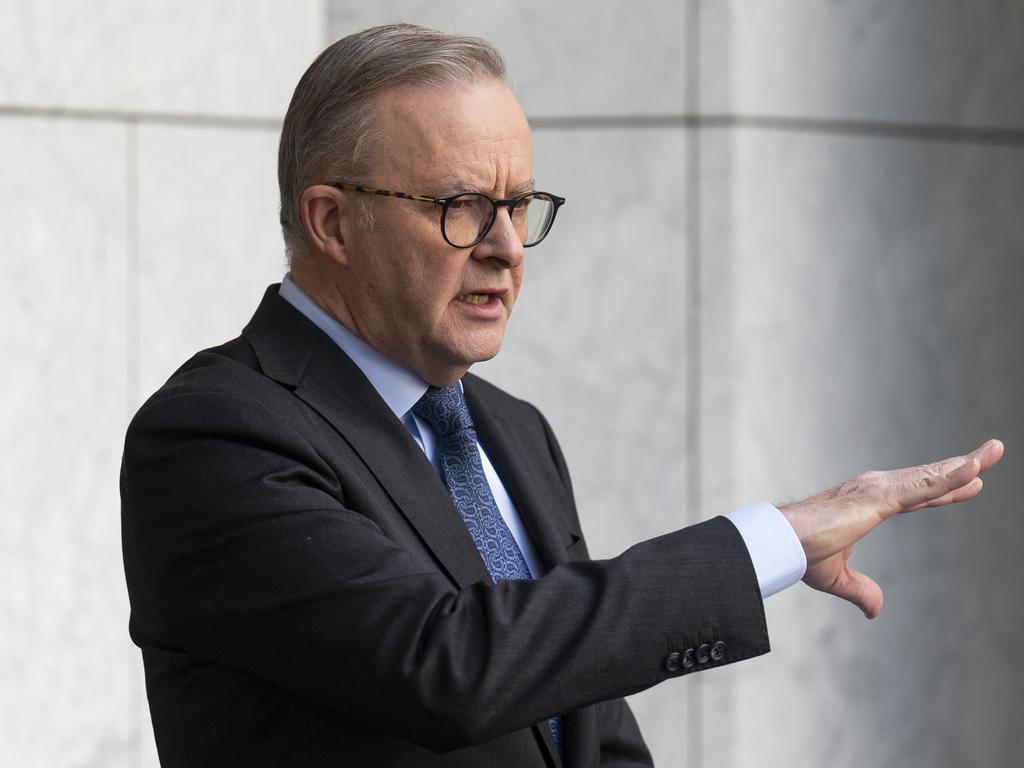
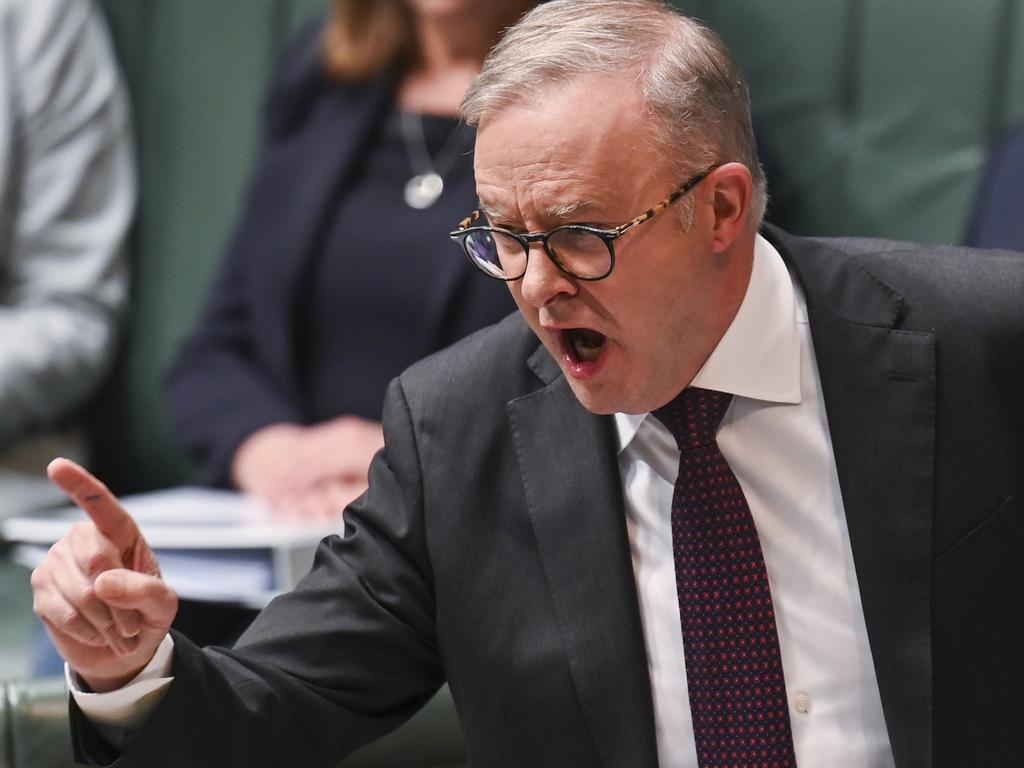
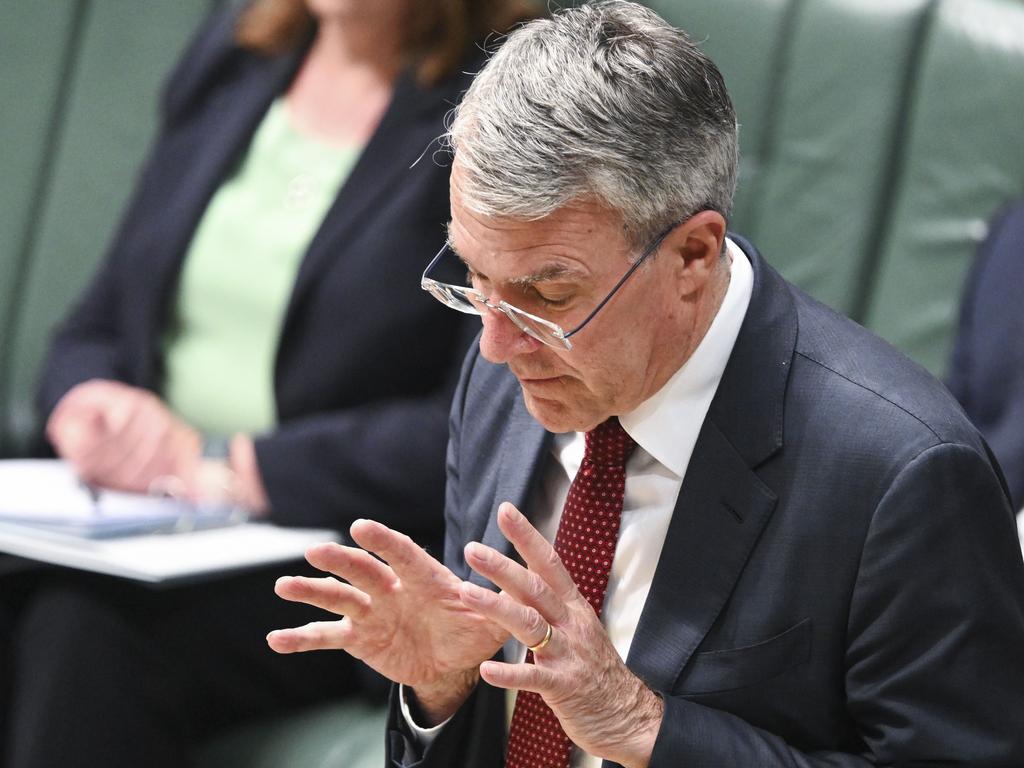


There is growing anxiety among Labor ministers and backbench MPs that at the midpoint of the parliamentary term Anthony Albanese’s government is drifting, struggling to deal with a range of pressing policy issues, and lacks a compelling forward-looking agenda to rally behind in the lead-up to the next federal election.